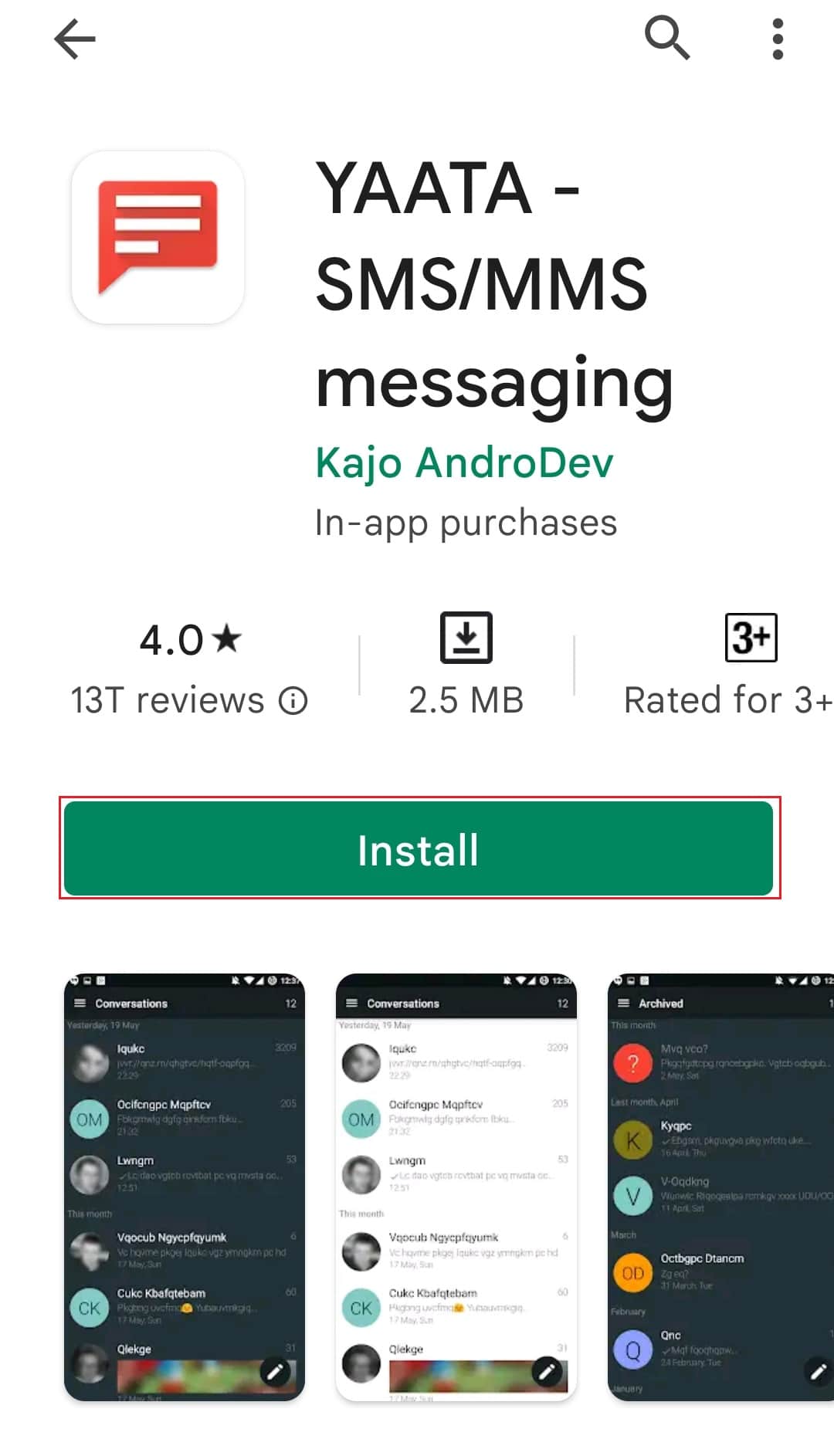Is the digital landscape truly free? The proliferation of readily available content, specifically of the 'mms' variety featuring individuals from the Indian subcontinent, raises serious questions about privacy, consent, and the exploitation of personal information, and what constitutes ethical use of internet.
The internet, designed to connect and inform, has become a complex ecosystem, with every click, search, and video viewed leaving a digital footprint. Websites like Pornhat, Porzo.com, Xhamster, Pornhub, and Eporner.com, among others, host a vast array of content, some of which falls into a grey area regarding legality and morality. This includes "free indian mms porn videos," "desi girl mms," and videos labeled as "leaked," often involving individuals who may not have consented to the distribution of such material. The availability of this content, combined with the sheer number of videos availableoften categorized by ethnicity, location, and specific actsraises concerns about the potential for non-consensual distribution, the exploitation of vulnerable individuals, and the normalization of voyeuristic behavior.
The term "mms" itself, initially referring to multimedia messaging service, has taken on a darker connotation in this context. It now often signifies a video recording captured on a mobile device, frequently depicting intimate acts, and distributed without the consent of those involved. The presence of content described as "viral," "leaked," or "scandalous" further suggests the potential for privacy violations and the exploitation of individuals' vulnerabilities. Videos labelled as "Indian college student sex," "Indian sex scandals," and "desi girl mms" highlight the focus on specific demographic groups, which raises ethical questions about the potential for exploitation of specific groups. Moreover, phrases such as "hidden cam" and "voyeur sex" indicate a disregard for privacy and consent, further complicating the moral landscape.
The availability of such content necessitates critical analysis of the platforms that host and distribute it. While some sites may claim to have measures in place to prevent the upload of non-consensual content, the sheer volume of content makes rigorous monitoring a monumental challenge. The use of automated systems to categorize videos by ethnicity and other descriptors points to a business model that prioritizes profit over the protection of individuals' privacy and dignity. The existence of a market for such content also raises questions about the role of consumers. Are viewers complicit in the exploitation of individuals by seeking out and watching this type of material? Do viewers consider the implications of their actions and the potential harm they might be causing? It is crucial for society to engage in a broader conversation about responsible consumption and the ethical implications of online behavior.
The sheer volume of contentincluding descriptions such as "hot sex scenes," "xxx movies," and "raw xxx porn"indicates a market driven by the demand for explicit material. The fact that some sites offer "premium" content or "live girls" to chat with further suggests a business model that profits from sexual exploitation. While the internet provides an unprecedented opportunity for information and connection, it also offers a platform for illicit activity that causes the harm that individuals experience and the potential for perpetuating it.
The legal and social ramifications of such content are immense. In many jurisdictions, the non-consensual distribution of intimate images or videos is a criminal offense. Victims of such actions may experience severe psychological distress, including anxiety, depression, and suicidal thoughts. Moreover, the permanent nature of online content means that the harm can persist indefinitely, haunting individuals long after the incident has occurred. It is essential to raise awareness about the legal and ethical implications of online behavior and to encourage individuals to report instances of non-consensual distribution.
The presence of such content is not merely a technical or legal issue. It reflects deeper societal problems, including the objectification of women, the exploitation of vulnerable populations, and the normalization of non-consensual behavior. The use of terms like "desi," "bhabhi," and "aunties" in connection with sexual content indicates a focus on specific cultural groups, which raises questions about the exploitation of cultural stereotypes and the commodification of sexual acts. The constant addition of fresh content, including phrases such as "New 2024 latest leaked mms sex video", signals the continuing relevance of such content, and it also makes it very clear that the issue of privacy is not being taken seriously.
It is imperative to approach this topic with sensitivity and consideration for those potentially affected. The focus should be on protecting individuals' privacy and dignity, promoting ethical behavior online, and holding those who engage in non-consensual distribution accountable for their actions. The prevalence of this content also points to a broader need for enhanced digital literacy and education about online safety and responsible use. This requires education for children and adults alike to ensure they have the tools to navigate the digital world safely and ethically.
The challenge is substantial, requiring a coordinated effort from technology companies, law enforcement agencies, educators, and consumers. Platforms must implement robust content moderation policies and utilize advanced technologies to detect and remove non-consensual content. Law enforcement must investigate and prosecute individuals who engage in illegal activities. Educators must teach digital literacy and promote responsible online behavior. Consumers must make informed choices about the content they consume and hold online platforms accountable for the content they host.
Let's delve deeper into this issue by exploring the landscape further.
| Overview of Online Content Regarding MMS & Related Terms | |
|---|---|
| Category | Description/Examples from Provided Content |
| Content Type |
|
| Target Demographics |
|
| Platforms |
|
| Content Attributes |
|
| Ethical Concerns |
|
| Legal Concerns |
|
| Associated Terms |
|
| Calls to Action |
|
| Business Model Implications |
|
| Social implications |
|
For further research, consider these links:
Non-consensual pornography - Wikipedia


